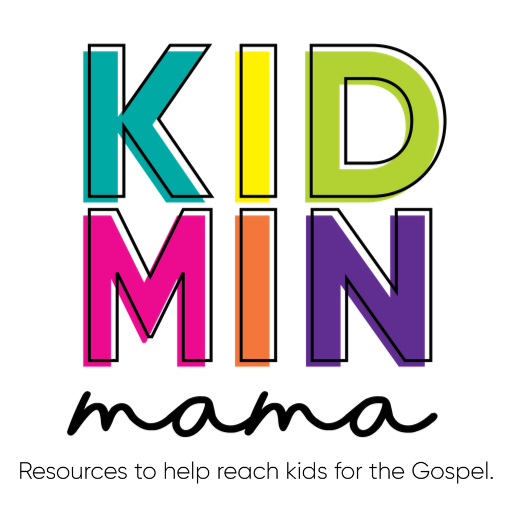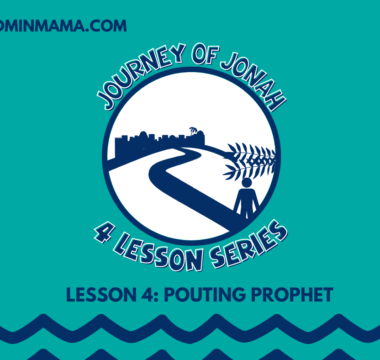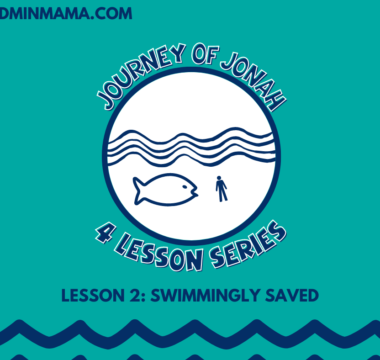10 Tips for Teaching Large Group

If Sunday School was a sandwich, large group is the meat! It’s the part of the service kids will hear God’s word and start to make concrete application to their own life. The worst thing you can do as a teacher is “wing it”. As a rule of thumb, “winging it” never goes well. It causes stress, confusion and distracts. Below I have written my 10 tips for teaching large group.
- Spiritually Prepare: When we teach children, we are modeling for them how to have a relationship with the Lord and part of that is making sure we are in a growing and developing walk with God. As we prepare to teach or write a lesson, it’s important that we spiritually prepare. Read the scripture you are teaching on, read it in context and don’t skim over it. Take time to see what the Lord is revealing to you through that passage. After you make your own notes from the scripture, you can then start to write out your plan to teach.
- Research: Great ideas don’t always come out of thin air. Luckily we have Pinterest and Google to help us find inspiration, visuals, or other great ideas. Use these resources to help develop your lesson. I often use is a mish-mash of different resources. Use your own knowledge of your group to adapt or edit content you find online.
- Recap & Review: Take time to review what the group talked about the week before. This might mean you have to contact the teacher from the previous week. This helps bring the kids who missed the prior week up to speed as well as make a connection point from last week to this week. This is also a great time to ask if they were able to apply what they learned during their week.
- Use Visuals: Since we live in technology land, kids need visuals! I am not a huge proponent of video lessons for all of the large group time, but i think clips of videos are great to help reinforce a concept. Object lessons are another great visual that are fairly simple to use. Since many kids don’t bring their Bibles to church every week, even a verse on a screen is better than nothing. I try to incorporate some type of visual or visual illustration whenever I teach to help the kids stay engaged during the lesson.
- Make it Concrete: Young children are concrete thinkers and even our older grade school friends are just beginning to think in abstract terms. The more concrete you can make your lesson the better. Taking an abstract concept and tying it to a concrete idea is how they will begin to understand those abstract ideas. I most often do this in “situational” terms such as when they are at school, home, or spending time with friends. I’ve recently started doing this with a “Welcome Question” (ex: When is it hardest to do the right thing?) and then allow the kids to answer the question on a piece of posterboard or butcher paper. We recap this in the lesson to help apply it to their own life and make it real to them.
- Key Point: Choose one idea, phrase, or concept to make your key point. It’s the one thing you want them to walk away from the lesson with. Often, I’ve had the kids repeat that phrase so I know they’ve learned it during the lesson. Keep it a simple, brief statement. (ex: God wants us to be kind to others)
- Use Your Bible: I prepare my lessons by literally writing out every word I say and I copy and paste scripture into my notes as well. However, I always try to have my Bible in my hand while I teach. It’s important for children to understand that the words you are saying come from the actual Bible, which is a real and true book. Even if you have to paraphrase scripture, it’s always good to have in hand.
- Set Rules: Yes, you probably have normal Sunday School rules, but it’s important to have your rules or really a set of expectations when you teach. It lets the kids know you are watching them as you speak and have a standard for them to behave. After awhile, your “rules” will proceed you and they’ll know how they need to act when you are teaching.
- Connect: Build relationships with kids before your lesson. Learn their names, ask them about their week, invest in them! Often, it’s easier to chat with other leaders before class begins, however, this is a great time to build relationships with the kids and they will respect you more for it!
- Have Fun: Learning God’s Word should be a fun, enjoyable experience. If you’re not having a good time teaching, they’re probably not having a fun time learning.
Thanks for letting me share,





